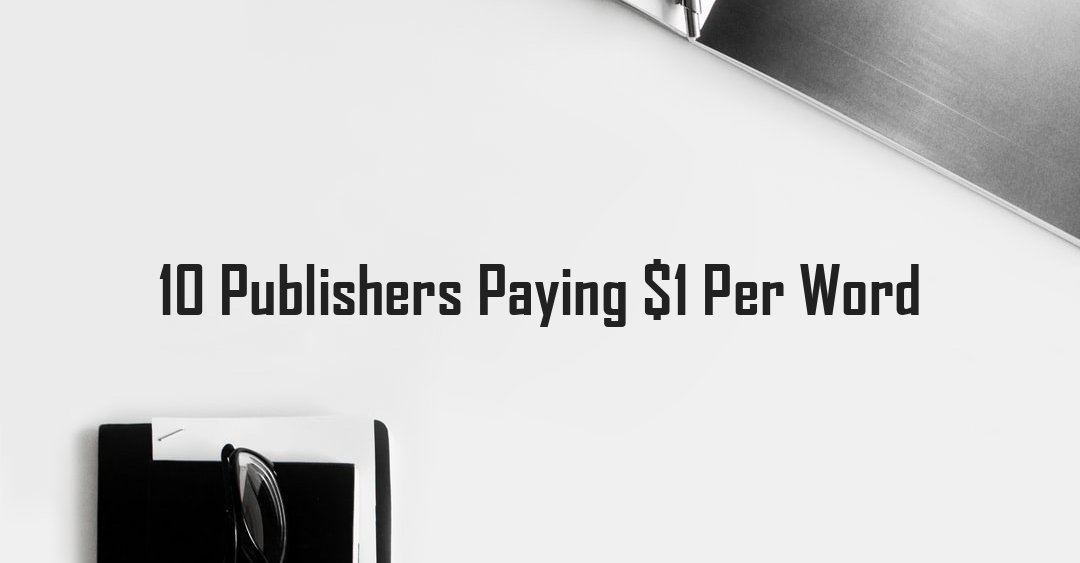By Vanessa Le
When I joined Writing Launch, I was clueless about writing. Oh, I knew that I wanted to write and that I had something to say; in fact, I had written a couple of short articles and sent them to friends and family. However, I had no idea where to focus my time and energy. I had no idea how many words to aim for in an article. And I had no idea where to get them published.
Today, just six months later, I am a happily published author. I have good relationships with the editors of two different freelance magazines and have a few other places that I am investigating for the future. I don’t write a lot – having four kids age five and under makes that rather impossible – but I write as a late-night/early-morning/while the kids are in the sandbox kind of hobby.
Writing Launch has some very helpful advice for beginning writers: Find your niche. Perhaps you (like me) are scrolling through pages of magazines that are looking for freelance writers, but coming up blank. There are lots of interesting writing opportunities available! But what do you want to write? End of the world fantasy? Maybe you can read it, but are not detail-oriented enough to write more than five words in that genre. Politics? Perhaps you know exactly where you stand, but don’t have the up-to-date knowledge to write compellingly in that area. So, try thinking about it from a different angle. What have you already written? What do you already know? What types of things do you enjoy reading? What are you passionate about? For me, the answer was obvious: Christian thought and practice. But I did not think I could get paid for writing about that.
Once you have established your niche, you need to identify the publications with which you want to work. Again, Writing Launch has great advice: Start with a publication very familiar to you, preferably one to which you already subscribe.
Having figured out my niche, I began to think about a Christian magazine (The Outlook) that I grew up reading. Although I was not a subscriber when I began writing, I had been asking my mom to pass her old copies of the magazine on to me. I really enjoyed their content and style and was very familiar with them. The first articles that I had written were very short (about 700 words), whereas the typical Outlook article is much longer (1800 – 2300 words).
I initially submitted an article to a different publication based on a recommendation from a friend. They kindly asked me to revise, improve, and expand it, and also sent me their list of suggestions for beginning writers. After I did those things, I realized that my revised article felt like it would fit the content of The Outlook very well. So, I visited their website, and again, using the advice from Writing Launch (to be really familiar with what the editors want), I basically memorized their list of requirements. The Outlook does not require you to send them a pitch; rather, they assume that anyone interested in writing for them will be well versed in Reformed Christianity. The Outlook does not contract out its writing; it is done by freelance writers, and as a writer you can decide how often you want to submit articles to them. The Outlook is perfect for my interest and availability as a writer since it is published six times a year.
When you want to get established as a regular writer with your favorite magazine, expertise is your best friend. Make sure that you know what you are talking about. Make sure that your article fits its content and style, and that it compelling addresses topics that the editor wants to include. The editor of The Outlook responded to my first article with: “I’m pleased to say we would love to publish your article. It is a very good article.” Aim for prompting that kind of response. Your first interaction with an editor is especially important: Keep him or her interested and engaged, make them excited to see your name pop up in the inbox.
There is one more key to success: get a small group of people who will be your proofreaders. Preferably, your group will include people who are also interested and passionate about the subjects about which you are writing. You might be surprised at who will end up being a good proofreader.
My list includes a 19-year-old former student and fellow author; a friend with a doctorate in music; my pastor; a seminary professor who teaches writing; and a bunch of my family members. Good proofreaders catch those middle-of-the-night typos, tell you when you missed an important connection, or, as in my case, add and subtract punctuation in all sorts of places.
Oh, and one more thing: if your proofreaders tell you to take out your favorite point, do us all a favor and take it out. If someone is giving their time and effort to make you a better writer, the least you can do is take their advice.
Each person’s story as a writer will be different. Each person has unique knowledge and experiences. If you start with your passions and interest, submit your writing to a familiar publication, follow their writing guidelines, establish yourself as an expert, and get good feedback from others, you are well on your way to running from the mailbox yelling, “I just got paid to write!”
Vanessa Le is a freelance writer and Writing Launch student. She’s based in Orlando, Florida.




